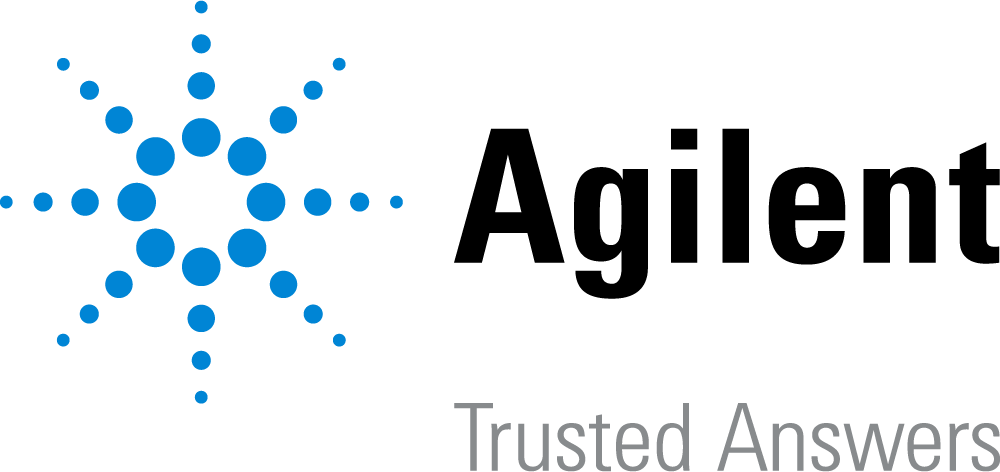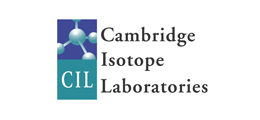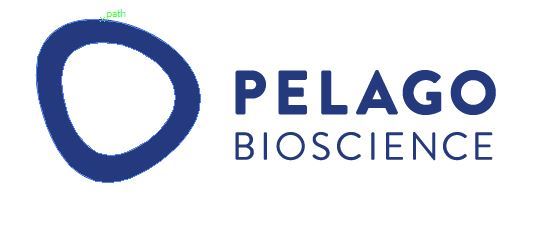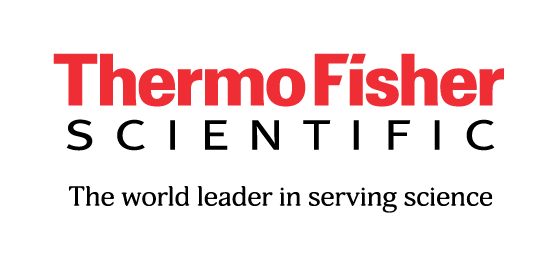|
2023 eastern region candidatesCandidates are listed alphabetically by surname. |
Subhra Chakraborty
Professor and Director, National Institute of Plant Genome Research, India
I have authored several publications in internationally reputed journals, hold international patents, mentored a large number of doctoral students, post-doctoral researchers and trainees in the field. I serve in editorial board and as reviewer to a number of National and International journals. I am Fellow of Indian Academy of Science, India; Indian National Science Academy, India; National Academy of Sciences, India and National Agricultural Academy of Sciences, India. I am actively associated with national and international proteomics societies. Currently, I am serving as President, Proteomics Society, India (PSI); Council Member, Human Proteome Organization (HUPO); Council Member & Country Representative, Asia Oceania Agricultural Proteomics Organization (AOAPO); Member, International Plant Proteomics Organization (INPPO). I am honored to serve as the Co-chair of Food & Nutrition Initiative and HPP-SAB of HUPO. I am member of several research bodies and national committees in India concerning education, academic activities, research funding and policy planning. I was convener of the successful combined meeting of 8th PSI Annual Meeting & 3rd AOAPO Annual Meeting held in December 2016, New Delhi. I was the Member, International Advisory Board Joint 11th AOHUPO and 7th AOAPO Congress, 2023 Singapore. I wish to continue serving HUPO to promote proteomics in Plant and Agricultural area, Food and Nutrition, Human and Plant health and have deep commitment for integrating national and international priorities in the field. My association with HUPO will help me to contribute effectively towards this direction. Yu-Ju ChenDistinguished Research Fellow, Institute of Chemistry, Academia Sinica, Taiwan
Since her early career, Yu-Ju has played a key role to actively promote proteomics research and networking in Taiwan. Her term as the President of the Taiwan Proteomics Society (2009-2011) has increased the participants to +400 registered members. Under her leadership, Taiwan successfully hosted the 15th HUPO congress (1,200 attendants) and AOHUPO (300 attendants) in 2016. She has served as the chair of Publication Committee (2012-2016), EC member (2014-2016) and council member (2014-2016) of HUPO, Vice President (2018-2019)/council member of AOHUPO and International Mass Spectrometry Foundation (2012-2015). In 2021, YuJu was honored to serve as the HUPO President (2021-2022). It was such an amazing team leadership experience to overcome the challenges during pandemic and enhanced HUPO financial balance. Proteomics is reaching the maturity stage to show impact and utility in biology and medicine. Yu-Ju is happy to continue her enthusiasm and contribution to promoting education and training, networking, and translating proteomics into utility in the real world. Fuchu HeProfessor and Director, Member of Chinese Academy of Sciences, National Center for Protein Sciences(Beijing), Beijing Proteome Research Center, China
In 2001, I have been involved in the HUPO since its very beginning and helped to kick start the initiative of HPP lunched by HUPO. Later as the inaugural chair of Human Liver Proteome Project (HLPP), I initiated HLPP that was remarkably applauded by international scientific entities including Nature and Science. Then I founded CNHUPO and Beijing Proteome Research Center, which was chosen as the HLPP headquarters. Notably, the roadmap of HLPP had been well-accepted by the later HUPO initiatives. As the founder of CNHUPO, I have been the major force behind proteomics sciences in China and also the world. I initiated a series of the Chinese Human Proteome Programs, including the CNHPP, successfully organized 13 international and national proteomics conferences and over 30 training courses. Under my leadership, many proteomicsorientated research institutes were established in China. In recognition of my contribution to the HUPO and proteomic sciences, I have been awarded with the “Memorial Investigation Award” in 2004, the “Distinguished Service Award” in 2011, and “Distinguished Achievement in Proteomic Sciences” in 2020. As an achieved scientist in the field of proteomics and an enthusiastic supporter of HUPO, if elected, I will promote proteomics associated initiatives to be well supported and funded worldwide in the future. With my valuable experience and resources, I believe all the HUPO activities and HPP initiatives in future will be well supported and funded in China. I remain resolute and confident in advocating for the development of proteomics research and proteomics driven precision medicine. Teck Yew LowAssociate Professor, National University of Malaysia (UKM), Malaysia
I am confident that I am a strong candidate for a position on the HUPO Council. My extensive experience in the field of proteomics and my passion for advancing proteomics to improve human health make me an excellent fit for this role. In my current positions as the President of the Malaysian Proteomics Society (MAPS) and the Secretary-General of AOHUPO, I have gained valuable experience in leadership, teamwork, and networking in the scientific community. I have also organised the AOHUPO Online Education series in 2021 and 2022, which aimed to develop and connect young scientists during the COVID-19 pandemic. Through these efforts, I understand the importance of education and training of the younger generation to promote scientific progress. As the cochair of the Joint 11th AOHUPO & AOAPO Congress in May 2023, Singapore, I have worked closely with the local organising committee and the broader HUPO community to develop an engaging and impactful scientific programme. In addition, I am a committee member for HUPO ETC, which has given me further insight into the challenges facing young scientists and the importance of providing educational and training opportunities to support their development. If elected to the HUPO Council, I will use this experience to work closely with other members to develop and implement strategic plans that promote diversity and education. Specifically, I will advocate for greater representation of scientists from diverse regions, genders, and backgrounds to ensure that the organisation achieves its goals of advancing proteomics research and improving human health. As a scientist based in Southeast Asia, I have a unique perspective on the challenges and opportunities facing proteomics in this region. I believe that by promoting greater diversity and inclusivity in the HUPO community, we can build a stronger and more vibrant international proteomics community. Nobuaki TakemoriSenior Assistant Professor, Ehime University, Japan
With the end of the pandemic, international exchange is expected to flourish again, and if elected as a council member, I would like to make use of my own personal experience to make HUPO an exciting meeting point for fostering and further promoting international collaborative research. In particular, the use of online meeting tools such as Zoom has made it dramatically easier to hold international meetings, which could help us greatly improve regional disparities moving forward. By planning and organizing online educational seminars on the latest proteomics technologies by HUPO members, I hope to create ample opportunities for researchers from other fields to enter the field of proteomics research and to build opportunities for further development of proteomics research. Suman ThakurPrincipal Scientist, Centre for Cellular and Molecular Biology (CCMB) Hyderabad, India
Currently, I am editorial board member of Journal of Proteome Research (JPR), BBA Protein and Proteomics, Scientific Reports, and associate editor in BB Reports. I had chance to bring special issue entitled "Proteomics and its applications in pandemic disease"as guest editor on COVID-19 in JPR in November 2020. Further, I had also chance to bring a special issue entitled "Proteomics and its application in Endocrine disorders"as guest editor in BBA Protein and Proteomics in year 2021. Furthermore, as guest associate editor and topic editor, myself along with colleagues had chance to bring special issue entitled "Proteomics and its application in cancer" in Frontiers in Oncology in 2021. I had chance to organize a proteomics brainstorm meeting with national and international speaker in year 2014 at Hyderabad, India as convener. I am a member of HUPO family. Further, I am also life member of Proteomics society of India and earlier had chance to be executive council member of Proteomics society of India from year 2014 to 2019. I believe HUPO can play great role in development of proteomics as platform for large scale studies in basic and clinical research. Further, HUPO has potential to play an important role in the service of mankind. I would be very happy to be a part of executive council of HUPO and like to take forward the mandate of HUPO and provide help to the Proteomics community. Peng XieProfessor, The First Affiliated Hospital of Chongqing Medical University, China
Professor Peng Xie is the Chief Scientist of National Program on Key Basic Research Project of China (Proteomics and Peptide Research for Depression, 2009CB918300), and National Key Research and Development Project of China (Construction and Application of Brain Molecular Network Map of Depressive Disorders Based on Protein Machines, 2017YFA0505700). In recent years, as the corresponding, he has published 376 SCI papers in the journals of New England Journal of Medicine, Lancet, Nature Neuroscience, Molecular Psychiatry, World Psychiatry, Advanced Science, Science Advances, Lancet Psychiatry, Brain, JAMA Psychiatry, Briefings in Bioinformatics, Journal of Advanced Research, etc. The total number of citations is more than 11,300 times, and the highest number of citations for a single article is 1,017 times. He was honored with National Innovation Award, National Scientific and Technological Progress Award, and Chinese Medical Scientific Award. |

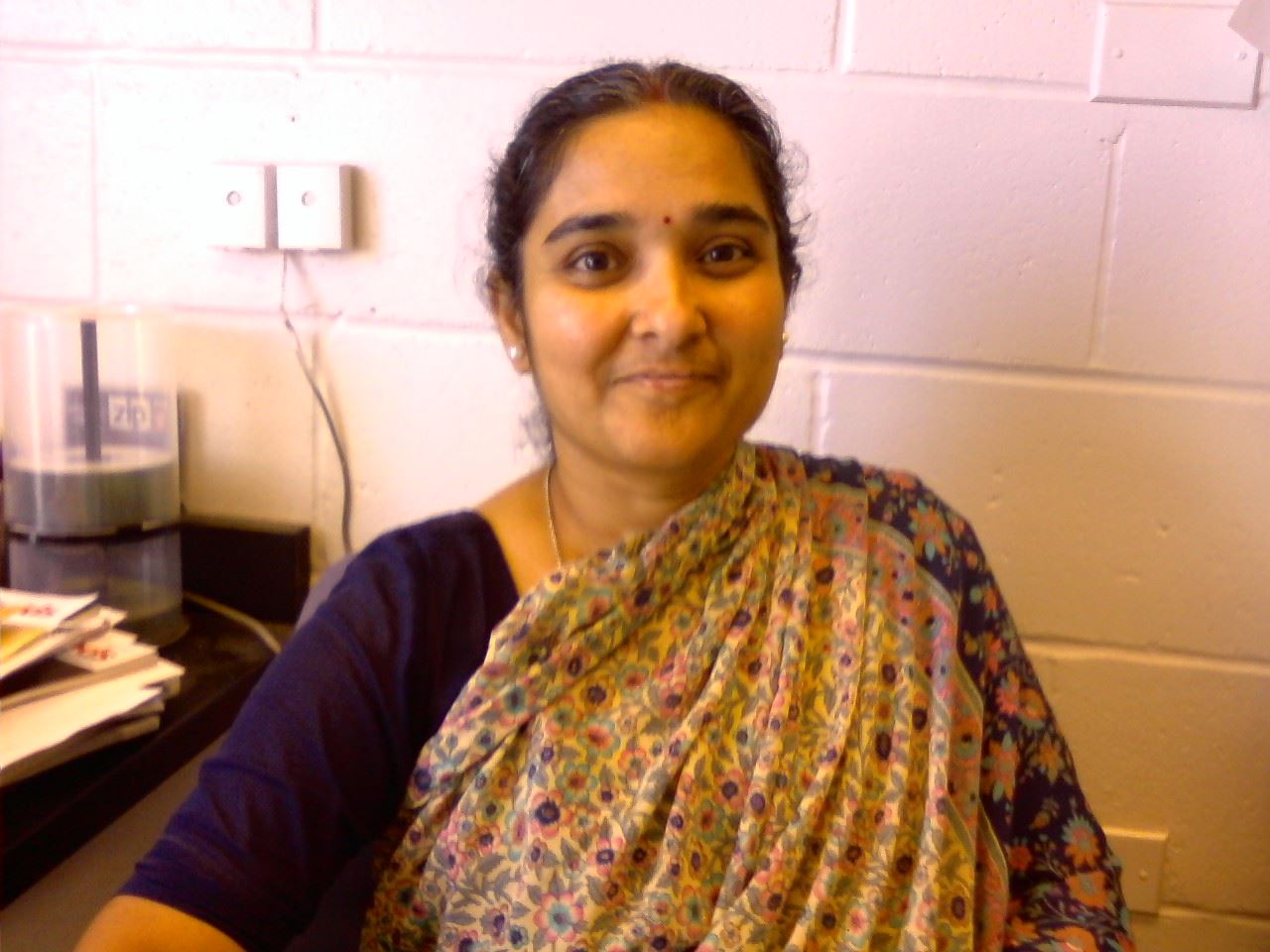 One of the founding faculties at National Institute of Plant Genome Research (NIPGR), New Delhi, India, I am currently Director & Professor. Trained as a molecular biologist and biotechnologist, I got interested in protein science and was instrumental in initiating and establishing Plant Proteomics and Translational Genomics research in India and established Department of Biotechnology sponsored Advanced Inter-institutional Proteomics facility at NIPGR. The central aim of my research is to elucidate the molecular mechanism, translational remodeling, proteinproteoform networks & proteomic pathways, and metabolic fingerprints involved in nutrientresponse and multi-host resistance and to identify key proteins for modifying such traits in plants using proteome scale analyses of organeller, quantitative and PTM proteomics and system biology. Our targeted research has direct implications in plant and human health and vital to food and nutritional security.
One of the founding faculties at National Institute of Plant Genome Research (NIPGR), New Delhi, India, I am currently Director & Professor. Trained as a molecular biologist and biotechnologist, I got interested in protein science and was instrumental in initiating and establishing Plant Proteomics and Translational Genomics research in India and established Department of Biotechnology sponsored Advanced Inter-institutional Proteomics facility at NIPGR. The central aim of my research is to elucidate the molecular mechanism, translational remodeling, proteinproteoform networks & proteomic pathways, and metabolic fingerprints involved in nutrientresponse and multi-host resistance and to identify key proteins for modifying such traits in plants using proteome scale analyses of organeller, quantitative and PTM proteomics and system biology. Our targeted research has direct implications in plant and human health and vital to food and nutritional security.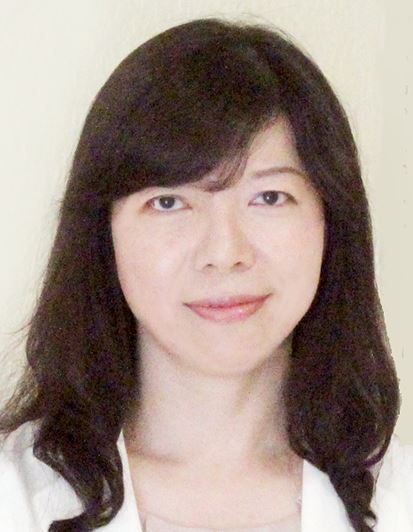 Being one of the pioneering proteomics groups in Taiwan, Yu-Ju Chen has devoted her efforts to develop new mass spectrometry-based platforms for membrane proteome and post-translational modificom and their application to delineate the proteome network in biology and diseases. She has published more than 180 articles including J Proteome Res., Mol. Cell. Proteomics, Proteomics, Anal. Chem., Nat. Commun., PNAS, Cancer Cell and Cell. Based on her passion in tissue proteomics, she launched Taiwan Cancer Moonshot program in collaboration with International Cancer Proteogenome Consortium (ICPC) in 2016. Her invention of nanoprobe-based affinity mass spectrometry has led to a cancer diagnosis start-up awarded National Innovation Award in 2021. She is honored to have opportunity to serve as Senior Editor of Proteomics, editorial board of the European Journal of Mass Spectrometry, Journal of Proteome Research and is currently Associate Editor of Analytical Chemistry.
Being one of the pioneering proteomics groups in Taiwan, Yu-Ju Chen has devoted her efforts to develop new mass spectrometry-based platforms for membrane proteome and post-translational modificom and their application to delineate the proteome network in biology and diseases. She has published more than 180 articles including J Proteome Res., Mol. Cell. Proteomics, Proteomics, Anal. Chem., Nat. Commun., PNAS, Cancer Cell and Cell. Based on her passion in tissue proteomics, she launched Taiwan Cancer Moonshot program in collaboration with International Cancer Proteogenome Consortium (ICPC) in 2016. Her invention of nanoprobe-based affinity mass spectrometry has led to a cancer diagnosis start-up awarded National Innovation Award in 2021. She is honored to have opportunity to serve as Senior Editor of Proteomics, editorial board of the European Journal of Mass Spectrometry, Journal of Proteome Research and is currently Associate Editor of Analytical Chemistry. 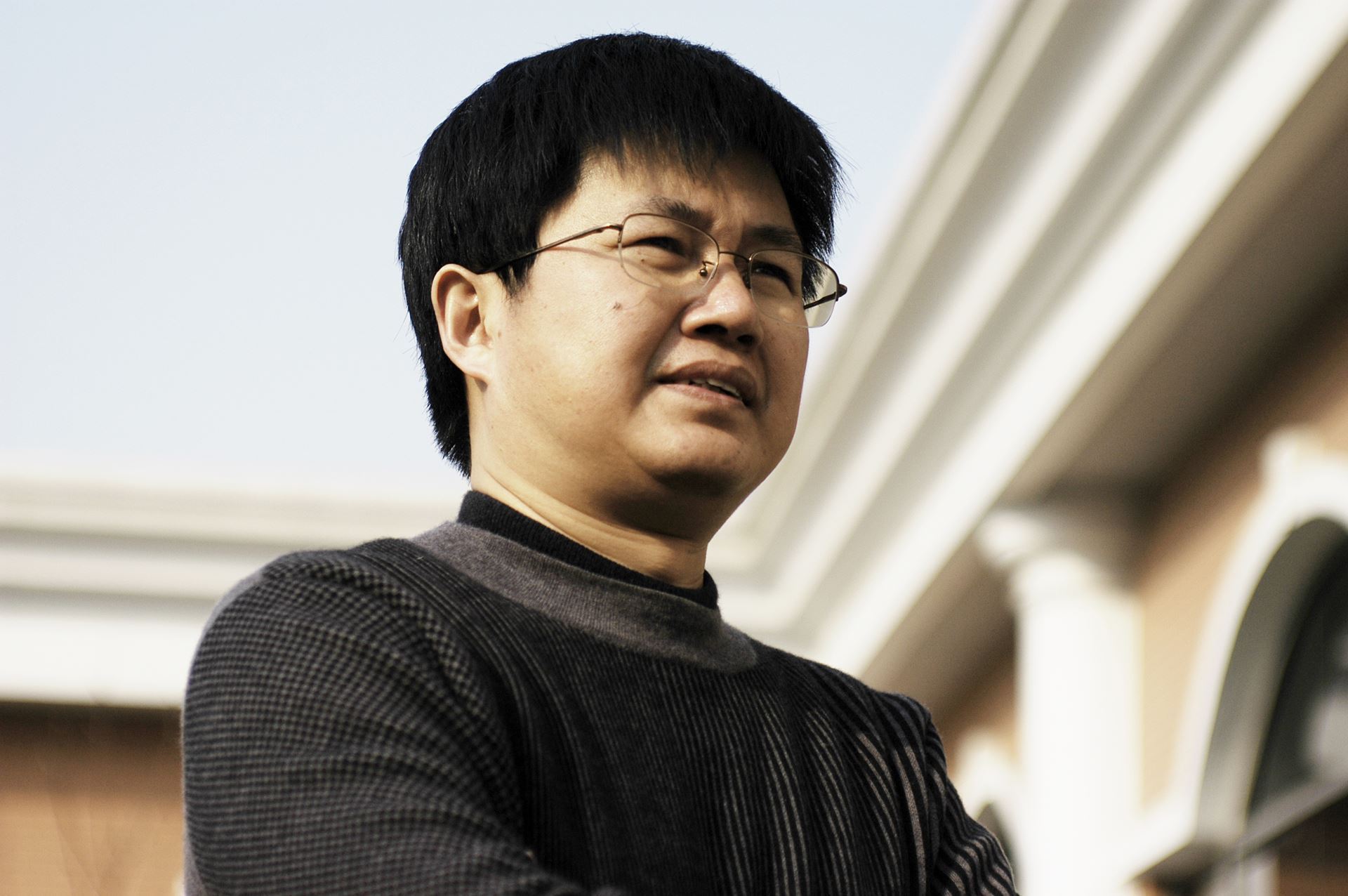 As previous council member of HUPO, president of AOHUPO and CNHUPO, I have devoted myself over the past two decades to the development and application of proteomics in biomedical research and beyond, and to the efforts of introducing proteomics to scientists in other disciplines and to the general public.
As previous council member of HUPO, president of AOHUPO and CNHUPO, I have devoted myself over the past two decades to the development and application of proteomics in biomedical research and beyond, and to the efforts of introducing proteomics to scientists in other disciplines and to the general public.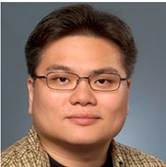
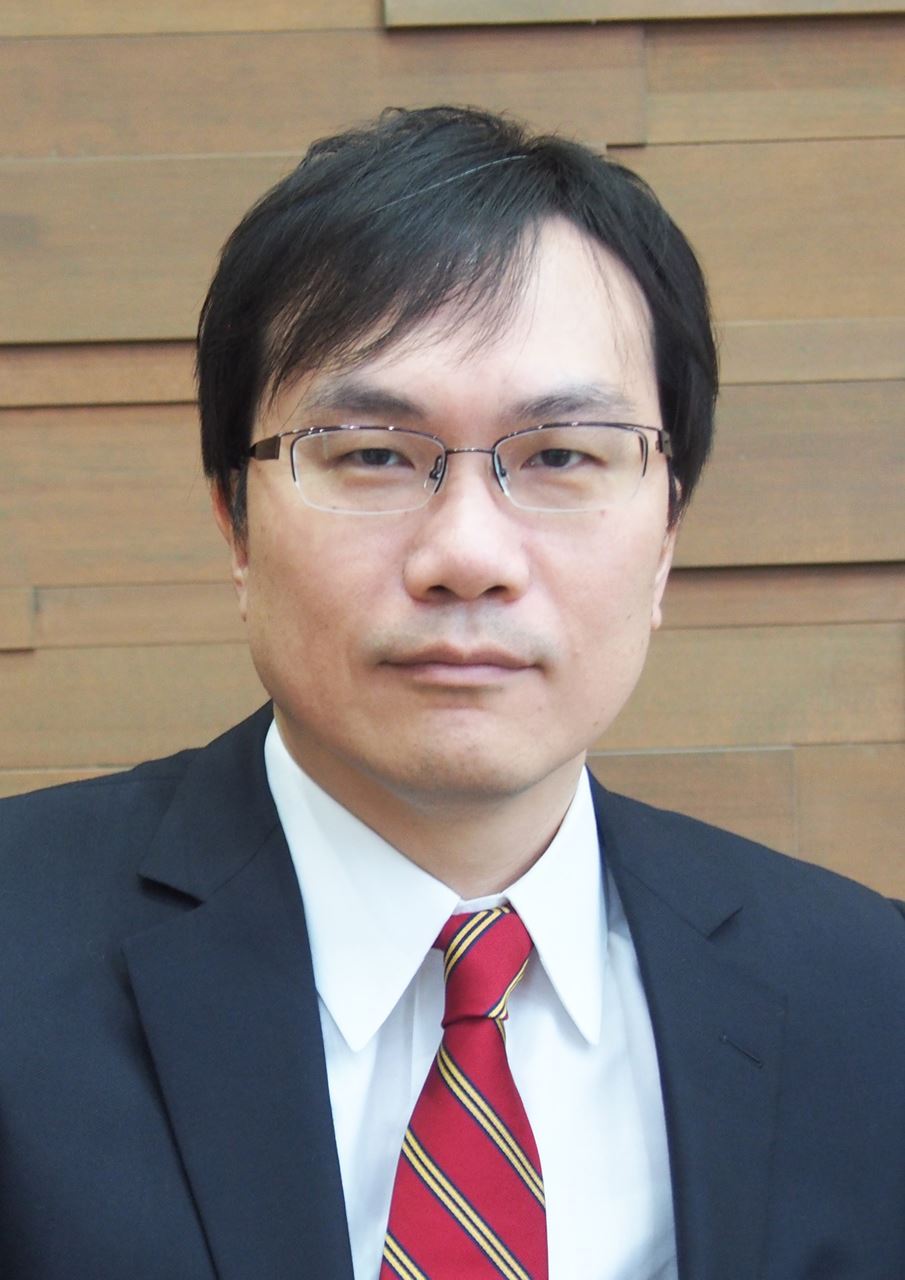 HUPO has long played a central role in the international promotion of proteomics research. I have actively participated in HUPO Annual Meetings to gain the latest proteomic knowledge, and have had many wonderful opportunities to develop international collaborations with researchers I have met at these meetings. For instance, my recent research into the development of the PEPPI-MS method was the result of exchanges with researchers from different countries who first met at HUPO Congresses. Even during the pandemic, HUPO ReConnect provided an excellent forum for exchange in an online format. Inspired by this activity, I have been organizing a webinar series on top-down proteomics under the auspices of the Japanese Proteomics Society with experts from the United States, Germany, and France (www.jproswebinar.com). By coordinating schedules with speakers, presenters from different time zones were able to address an audience based primarily in Asia/Oceania, and I am proud to have made a significant contribution to the dissemination of the latest proteomics technologies in this part of the world.
HUPO has long played a central role in the international promotion of proteomics research. I have actively participated in HUPO Annual Meetings to gain the latest proteomic knowledge, and have had many wonderful opportunities to develop international collaborations with researchers I have met at these meetings. For instance, my recent research into the development of the PEPPI-MS method was the result of exchanges with researchers from different countries who first met at HUPO Congresses. Even during the pandemic, HUPO ReConnect provided an excellent forum for exchange in an online format. Inspired by this activity, I have been organizing a webinar series on top-down proteomics under the auspices of the Japanese Proteomics Society with experts from the United States, Germany, and France (www.jproswebinar.com). By coordinating schedules with speakers, presenters from different time zones were able to address an audience based primarily in Asia/Oceania, and I am proud to have made a significant contribution to the dissemination of the latest proteomics technologies in this part of the world. 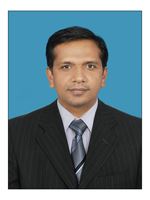 I am passionate about mass spectrometry bases proteomics and application in basic and clinical science including understanding of cancer progression and its therapeutics. My research interests are advancement of proteomics technologies including single run, single cell and comprehensive proteomics, to find novel targets for cancer and diabetes using biomarker discovery and protein-protein interactions. Earlier, I had contributed in the development of single run technology in year 2011.
I am passionate about mass spectrometry bases proteomics and application in basic and clinical science including understanding of cancer progression and its therapeutics. My research interests are advancement of proteomics technologies including single run, single cell and comprehensive proteomics, to find novel targets for cancer and diabetes using biomarker discovery and protein-protein interactions. Earlier, I had contributed in the development of single run technology in year 2011.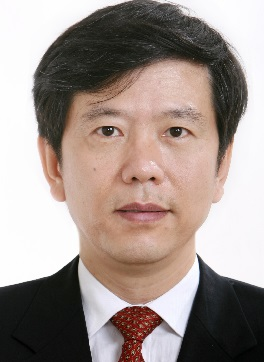 Professor Peng Xie has been engaged in proteomics research on major depressive disorder, and he is one of most cited researchers in neuroscience. Professor Xie is a Council Member of Chinese Human Proteome Organization (CNHUPO), and currently the director of National Health Commission Key Laboratory of Diagnosis and Treatment on Brain Functional Diseases in the First Affiliated Hospital of Chongqing Medical University in China.
Professor Peng Xie has been engaged in proteomics research on major depressive disorder, and he is one of most cited researchers in neuroscience. Professor Xie is a Council Member of Chinese Human Proteome Organization (CNHUPO), and currently the director of National Health Commission Key Laboratory of Diagnosis and Treatment on Brain Functional Diseases in the First Affiliated Hospital of Chongqing Medical University in China.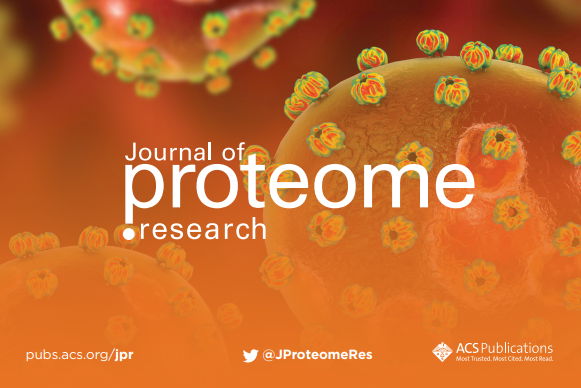
.png)
